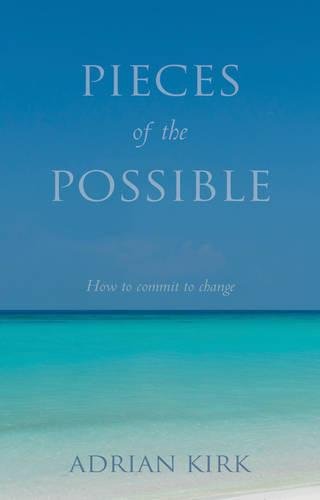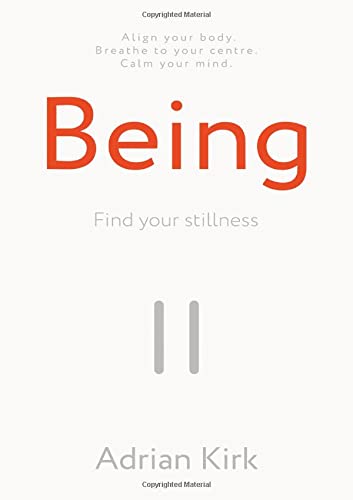The other day there was an event in Trafalgar Square to celebrate the achievements of the 2016 Olympic and Paralympic athletes. I happened to be in the area that day, for a one-to-one coaching session with a client. As it was such a beautiful sunny morning, I decided to walk from Waterloo to where I was working, and in doing so I went right past Trafalgar Square, which was a hive of activity as people readied for the event. I was immediately reminded of how proud I was of all Team GB athletes from Rio 2016 and started to feel a warmth building back up inside me.
I must have been walking with a smile on my face as I turned a corner away from the square and headed towards my client’s office. What happened next is a sign that we sometimes attract things towards us. I’d been wondering if there was a chance of meeting any of our famous athletes, but had thought it more likely to happen when the event was in full swing, after my training.
I was wrong, because at that moment around the corner came Baroness Tanni Grey-Thompson, one of this country’s greatest Paralympic athletes. I was swept up in the mood and, despite Tanni being on the phone, I leaned across with a beaming smile as she came towards me and offered my hand to shake. I guess someone of her stature and fame is used to being in the public eye, so she was gracious enough to halt her call for a moment as we shook hands and I told her I great I think she is. That was it; she thanked me, I went one way and she the other and back on with her phone call.
And that’s where my story could end.
But it doesn’t, because there is a reason why I did what some might understandably define as rude. Interrupting another person’s phone call is not the sort of thing I’d do ordinarily; but it was an instinctive reaction, brought on by being presented with an unexpected opportunity and because I’m genuinely proud of and impressed by all Paralympic athletes. Many of us are faced with difficulties in our lives and struggle to achieve things, but we are also gifted with fully able bodies which enable us to achieve most of what we put our mind to. Yet we often allow events and circumstances to prevent us from overcoming obstacles. Not so these athletes. These people have to contend with all the challenges we more able-bodied people face, yet they also have it within themselves to work with whatever nature, life or unexpected events have brought their way. They are the epitome of what I refer to in Pieces of the Possible, my book about creating personal change, as ‘acceptance’.
The first step to creating personal change is ‘awareness’. Awareness is all about becoming aware of events and circumstances that have contributed to us being who we are, having what we have. It means recognising how we respond or react, knowing what habits we have developed over time. It’s about identifying what is in us through nature and what we have created through repeated behaviours. Many of us are happy to say “This is me” and not really be aware of how we are who we are. But by becoming aware, we take the first step towards being able to create change.
The second step is ‘acceptance’, because there are times when we need to not defend, blame or allow things to get to us, but to just accept the truth of a situation. If we accept something as being so, it helps us to come to terms with it and do something with what we actually have. And I believe disabled athletes achieve the height of acceptance, because they effectively say “I’m going to accept the truth of my circumstance and I’m going to get on and achieve the best I can with what I have.”
Yes, I am able bodied, but there are times when things come my way which I don’t like or don’t want. The older I get, the more physical ailments and conditions creep into my body and, believe me, there are enough for me to feel down about them sometimes. Each time something new comes my way, I go through the initial disbelief, anger, confusion and denial, before noticing what I’m feeling and starting to come to terms with whatever it is. I move into the acceptance stage. And it is acceptance that stirs me on to continue with whatever it is I want to achieve, but look at different ways to achieve it. Isn’t this what disabled athletes do, and do best?
I realise I am simplifying this, and I hope with all my heart this doesn’t come across as disrespectful of anyone who is disabled. Some are born with disabilities, some develop them and some have disability thrust upon them. We are all born with aspects of who we are, we all develop as we grow, and tragic events can happen to any of us. Those who accept the circumstance of their situation are the ones who step into being able to make change happen. Those who want to do something with what they have and believe they can make it happen are the ones more likely to make it happen.
I applaud and am proud of all Team GB athletes, but there will always be a special place in my heart for disabled athletes. As well as offering us a much-needed sense of perspective, they teach us a lesson we’d do well to remember: without acceptance, you limit your own potential and may never discover what is possible.
Pieces of the Possible is available in paper copy, e-book and free audiobook. Go to the top of the homepage and click on ‘Audio book’, to select how you’d like to receive your copy.
P.S.
Please accept my apology, Baroness Grey-Thompson. Interrupting your call was selfish, but excitement got the better of me and, besides, it’s not often one gets even a fleeting meeting with someone so inspiring.


